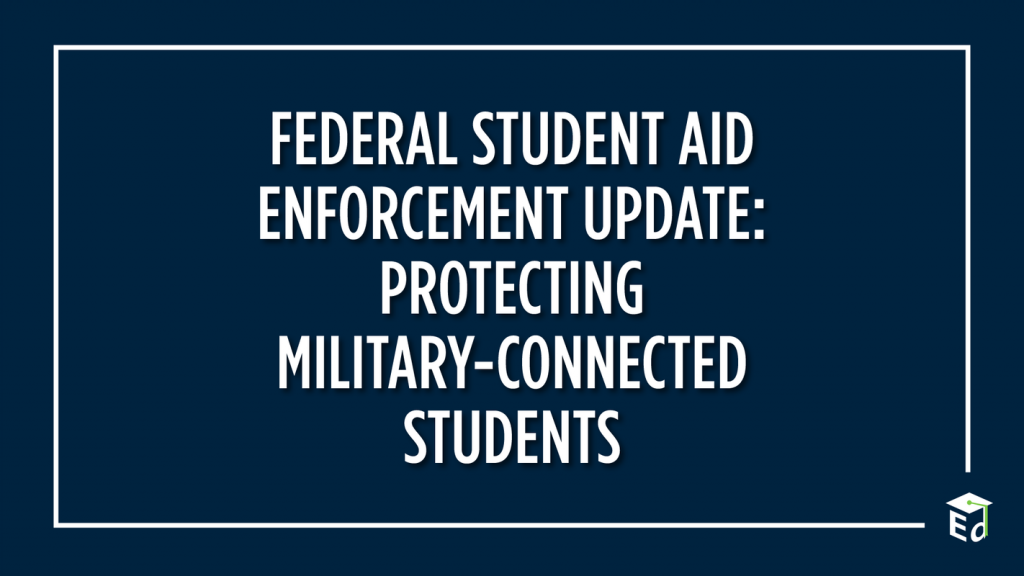Update about federal student aid
Next week, FSA will begin the next phase in years long work to improve the Public Service Loan Forgiveness (PSLF) program. These improvements have been in the making for years and are an exciting and necessary step in transitioning key aspects of the PSLF program, including customer service, to the Department of Education. This will ultimately reduce the time it takes for a borrower’s application to process and provide a better customer service experience for borrowers enrolled in PSLF.









